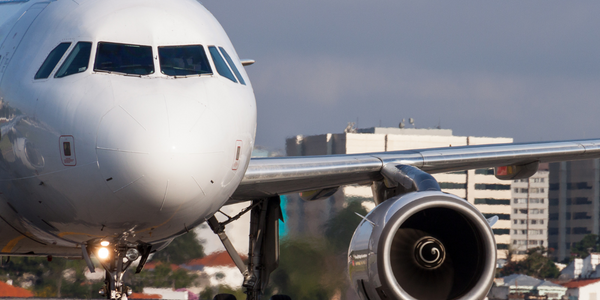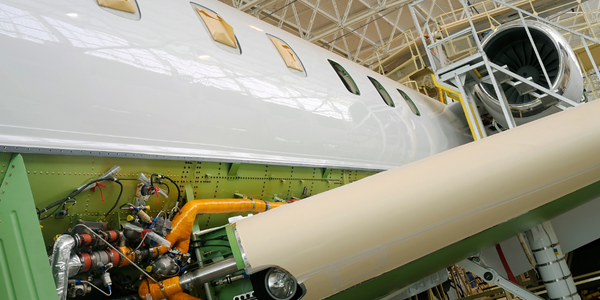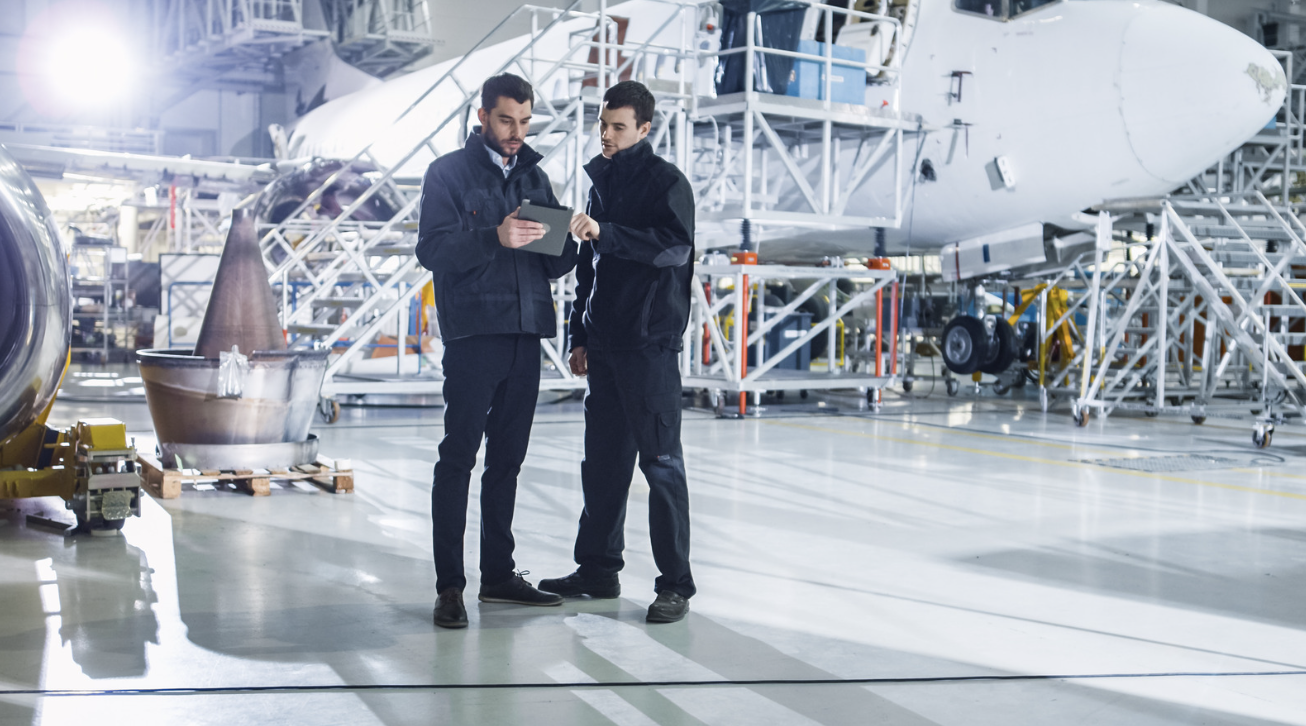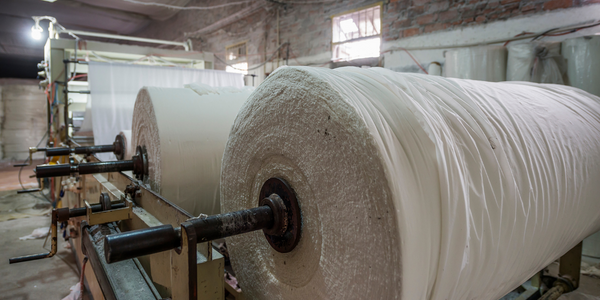Technology Category
- Sensors - Haptic Sensors
- Sensors - Torque Sensors
Applicable Industries
- Aerospace
- Paper & Pulp
Applicable Functions
- Product Research & Development
- Quality Assurance
Use Cases
- Digital Twin
- Virtual Reality
Services
- Testing & Certification
About The Customer
Zodiac Seats France (ZSFR - now Safran Seats) is a supplier of upscale passenger seats. With world-renowned expertise in business class, Safran Seats designs, certifies and assembles innovative, customizable and high-added-value products. The division draws on a strong international presence and provides its expertise to customers from all markets. Employing several teams of designers, their products offer state-of-the-art design that incorporates high-tech equipment and reflects the determination to find solutions to three fundamental challenges of the seat market: Continuous improvement in passenger seat comfort and ergonomics, offering differentiation to its airline company customers with customizable products, and ongoing research to optimize the available cabin space.
The Challenge
Zodiac Seats France (ZSFR - now Safran Seats), a supplier of upscale passenger seats, aimed to improve seat comfort in airplanes. The challenge was to develop a new kind of airplane seat that would significantly increase passengers’ comfort. The development of airplane seats involves several key factors such as ergonomics, cabin layout, and eco-design. ZSFR also wanted to consider environmental issues and put eco-design and light-weighting at the forefront of its product development plans. Lighter seats help to reduce an aircraft’s fuel consumption and the seats are predominantly produced using recyclable materials. A major concern for the company was the optimization of the comfort of aircraft passengers. The airplane seat market is highly competitive and new, high-quality seats have to be brought to market as quickly as possible. To assess the ergonomic quality of a seat, the engineers needed a tool with which they could simulate all biomechanical discomfort sources for factors such as internal thighs soft tissue compression for a seated passenger.
The Solution
To improve the quality and comfort for aircraft passengers, Zodiac Seats used numerical simulation and the Altair HyperWorksTM suite to design, evaluate and optimize the seats. This enabled the designers at ZSFR to evaluate the behavior of their seat structures under static and dynamic stress as well as the feasibility of thermal molding and stamping the seat components. Designers relied on the Altair HyperWorks suite to simulate the biomechanical factors. Soft tissue compression, the factor under investigation, can be estimated by applying two parameters: the external contact pressure and the direct tissue strain. To handle this simulation engineers created two kinds of models with which they could estimate each of the discomfort factors. By employing the Altair solutions and incorporating the relation between simulation outputs and the several discomfort factors, the tool was able to deliver a quantification of the ergonomic quality. With these results and insights, the engineers were able to optimize the seat design and material, hence the potential discomfort of the passengers sitting in these seats could be reduced.
Operational Impact
Quantitative Benefit

Case Study missing?
Start adding your own!
Register with your work email and create a new case study profile for your business.
Related Case Studies.

Case Study
Airbus Soars with Wearable Technology
Building an Airbus aircraft involves complex manufacturing processes consisting of thousands of moving parts. Speed and accuracy are critical to business and competitive advantage. Improvements in both would have high impact on Airbus’ bottom line. Airbus wanted to help operators reduce the complexity of assembling cabin seats and decrease the time required to complete this task.

Case Study
Aircraft Predictive Maintenance and Workflow Optimization
First, aircraft manufacturer have trouble monitoring the health of aircraft systems with health prognostics and deliver predictive maintenance insights. Second, aircraft manufacturer wants a solution that can provide an in-context advisory and align job assignments to match technician experience and expertise.

Case Study
Aerospace & Defense Case Study Airbus
For the development of its new wide-body aircraft, Airbus needed to ensure quality and consistency across all internal and external stakeholders. Airbus had many challenges including a very aggressive development schedule and the need to ramp up production quickly to satisfy their delivery commitments. The lack of communication extended design time and introduced errors that drove up costs.

Case Study
Developing Smart Tools for the Airbus Factory
Manufacturing and assembly of aircraft, which involves tens of thousands of steps that must be followed by the operators, and a single mistake in the process could cost hundreds of thousands of dollars to fix, makes the room for error very small.

Case Study
Wireless Improves Efficiency in Compressed Air Systems
Hollingsworth and Vose wanted to improve the efficiency of their compressed air system, lower the electricity expense component of manufacturing cost in their commodity industry, and conserve energy leading to lowered greenhouse gas emissions. Compressed air systems degrade over time and become leaky and inefficient. Hollingsworth and Vose wanted to increase the frequency of system inspections without paying the high cost of manual labor.




